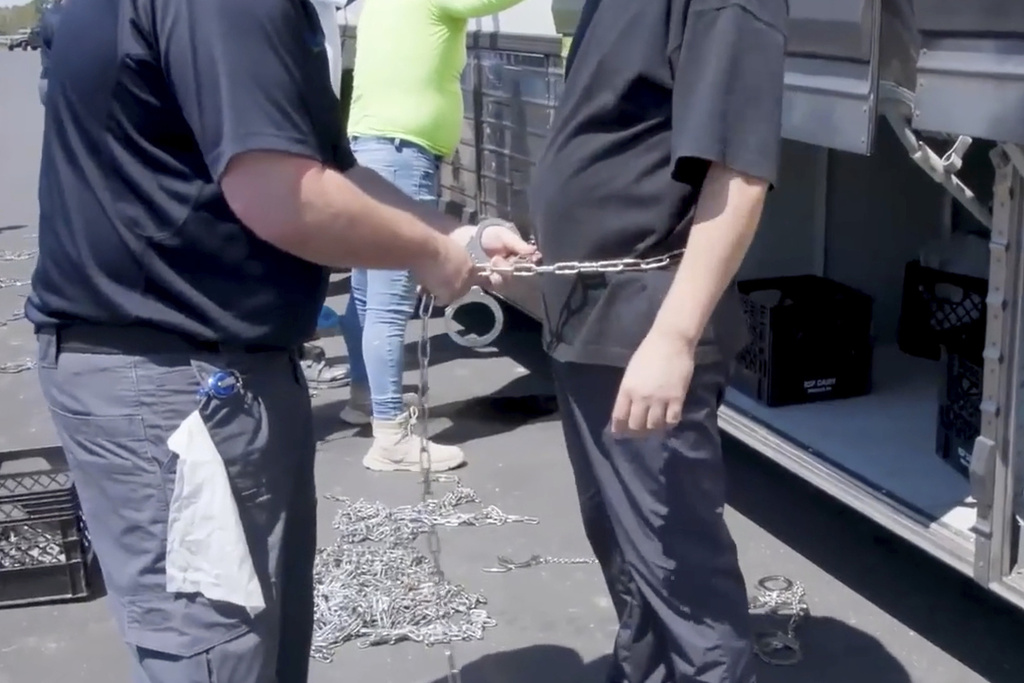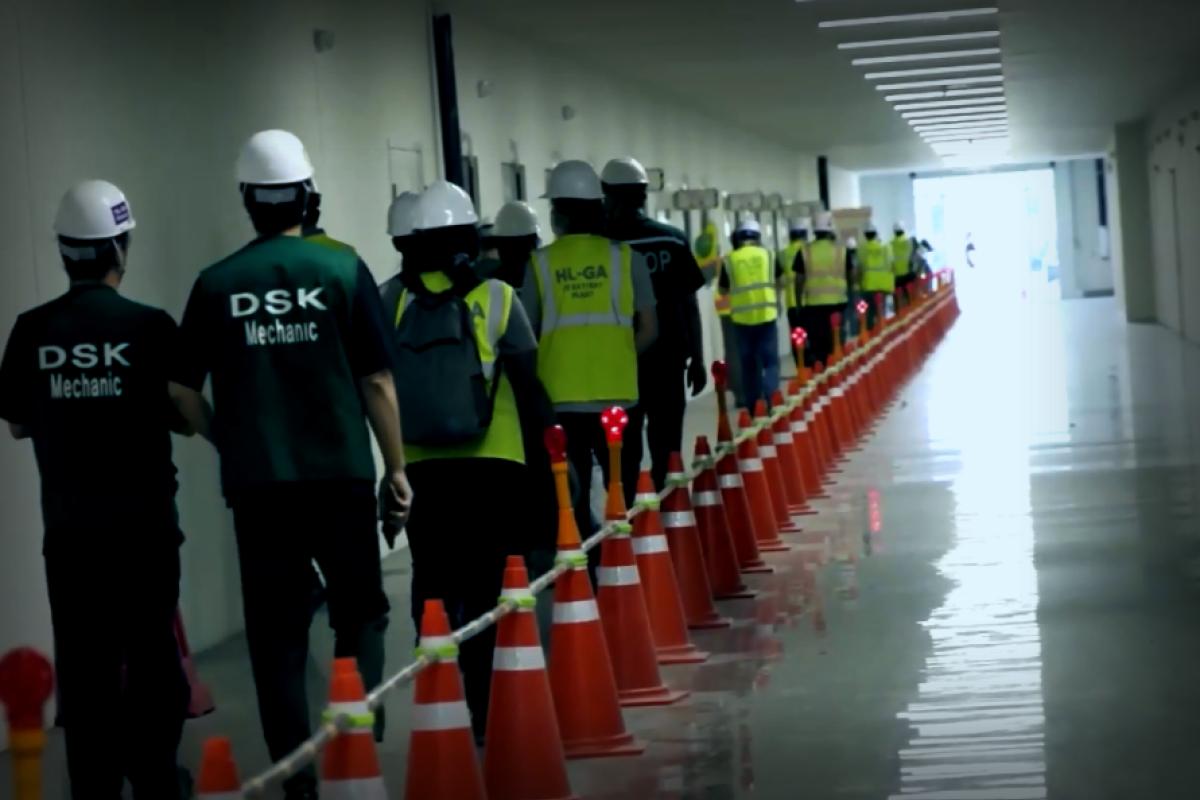An enormous immigration raid took place at a Hyundai manufacturing site, resulting in the unexpected detainment of about 500 workers in southeast Georgia. According to Rosie Harrison, the lead of a non-political organization called Grow Initiative, they’ve been flooded with frantic calls from families needing help.
“Every single day, we’re getting a barrage of calls. It feels like the list of people needing help just won’t stop growing,” said Harrison, whose organization connects struggling families, immigrants and locals alike, with crucial resources for food, shelter, and education.
Post-raid, Harrison has observed that “families are facing an entirely new level of crisis.”
The raid, referenced as the largest in two decades by U.S. officials, predominantly affected Korean workers, with many being sent back to South Korea. However, community lawyers and social workers note that a significant number of non-Korean detainees remain in cases of legal uncertainty or are completely untraceable.
As the raid commenced on September 4th, individuals quickly reached out to Migrant Equity Southeast, a local organization dedicated to supporting immigrants with legal and financial advice. Speaking on behalf of the small team, spokesperson Vanessa Contreras stated they received calls from immigrants hailing from Mexico, Guatemala, Colombia, Chile, Ecuador, and Venezuela.

This photo captures the aftermath of the immigration raid at the Hyundai facility.
Throughout the day, witnesses reported federal agents confining workers into long lines and seizing their mobile phones. Some individuals opted to hide for hours—some were reported to take refuge in air ducts or secluded areas of the factory grounds, while others were said to have concealed themselves in a nearby sewage pond.
Meanwhile, those outside the facility frantically sought news of loved ones who had become unreachable.
Similar to the Koreans employed at the same location, advocates and attorneys working with non-Korean detainees argued that many captured individuals had permits authorizing them to work in the U.S.
Attempts to get comments from the Department of Homeland Security or Immigration and Customs Enforcement at the end of the week proved unsuccessful, and there is no clear information regarding how many individuals remain in custody.
Attorney Charles Kuck, who serves clients from both groups, revealed that some of his clients were legally documented under the Deferred Action for Childhood Arrivals (DACA) program dating back to former President Obama’s administration. While one of them was released—”she should’ve never been arrested,” Kuck stated—the other remains detained due to a recent DUI charge.
Kuck also mentioned a female client who was in the process of seeking asylum, who had paperwork and employment status identical to her husband, who was not detained.
Others even possessed valid Georgia driver’s licenses—an indicator that they are not unlawfully in the U.S., noted Rosario Palacios from Migrant Equity Southeast. However, families started to lose access to transportation because only the detained member was licensed to drive.
Palacios expressed confusion over the criteria used for determinations during the raid, noting that some arrested individuals seemingly lacked alien ID numbers and were still untraceable.
Kuck argued that this raid reflects how pervasive the administration’s crackdown on immigration is, despite claims aimed primarily at apprehending those involved in criminal activities — sating, that the definition of ‘criminal’ seems to span too broadly, encompassing anyone lacking U.S. citizenship.
Many of the families that reached out to Harrison emphasized that their arrested relatives had been the main earners, leaving their households desperate for everyday essentials such as baby formula and food.
The problematic financial fallout from this raid at the site for a new battery construction project operated by HL-GA Battery Co. is further escalated by the impending closure of another key employer in the vicinity, International Paper Co., which is set to lay off another 800 workers shortly.
Harrison clarified that Growth Initiative does not investigate the immigration status of callers, yet almost all families who’ve sought her help indicated that their detained loved ones had valid work permits, prompting confusion surrounding the basis of their arrests.
“The hardest calls to take are from children sobbing, asking where their mom is,” Harrison admitted.
___
Riddle is a corps member for The Associated Press/Report for America Statehouse News Initiative. Report for America is a nonprofit national service program that places journalists in local newsrooms to highlight underreported topics.





















